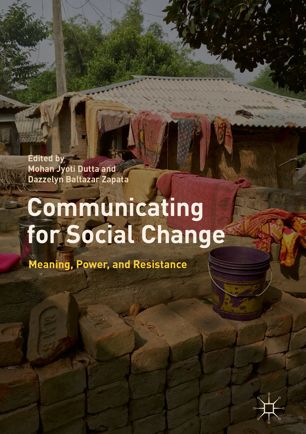

Most ebook files are in PDF format, so you can easily read them using various software such as Foxit Reader or directly on the Google Chrome browser.
Some ebook files are released by publishers in other formats such as .awz, .mobi, .epub, .fb2, etc. You may need to install specific software to read these formats on mobile/PC, such as Calibre.
Please read the tutorial at this link: https://ebookbell.com/faq
We offer FREE conversion to the popular formats you request; however, this may take some time. Therefore, right after payment, please email us, and we will try to provide the service as quickly as possible.
For some exceptional file formats or broken links (if any), please refrain from opening any disputes. Instead, email us first, and we will try to assist within a maximum of 6 hours.
EbookBell Team

0.0
0 reviewsThe book covers the trajectories and trends in social change communication, engaging the key theoretical debates on communication and social change. Attending to the concepts of communication and social change that emerge from and across the global margins, the book works toward offering theoretical and methodological lessons that de-center the dominant constructions of communication and social change. The chapters in the book delve into the interplays of academic-activist-community negotiations in communication for social change, and the ways in which these negotiations offer entry points into transformative communication processes of social change. Moreover, a number of chapters in the book attend to the ways in which Asian articulations of social change are situated at the intersections of culture, structure, and agency. Chapters in the book are extended versions of research presented at the conference on Communicating Social Change: Intersections of Theory and Praxis held at the National University of Singapore in 2016, organized under the umbrella of the Center for Culture-Centered Approach to Research and Evaluation (CARE).